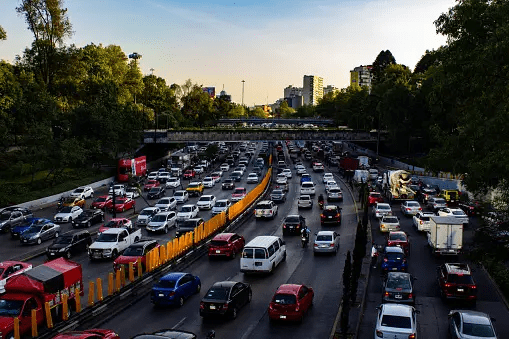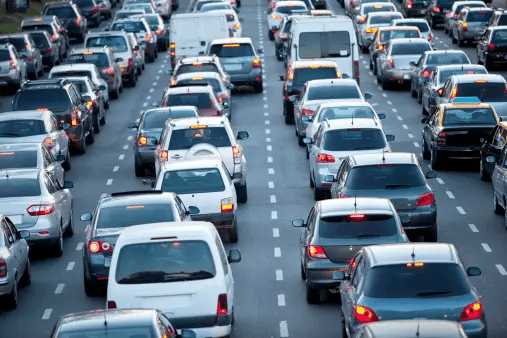This August bank holiday is set to be the busiest on UK roads in nearly a decade, with 19.2 million journeys expected. Major traffic delays are anticipated due to day trips, festivals, and rail disruptions. Motorists are advised to prepare for long waits, ensure their vehicles are ready, and travel early to avoid the worst of the gridlock.

Get Ready for the Busiest Bank Holiday on the Roads in Nine Years
As the August bank holiday approaches, UK drivers should brace themselves for a chaotic time on the roads. This weekend is predicted to be the busiest on Britain’s roads in nearly a decade. With 19.2 million car journeys expected, traffic jams will be hard to avoid. If you’re planning to hit the road, be prepared for bumper-to-bumper traffic and long delays.
Why So Busy?
This year’s August bank holiday is particularly hectic because it marks the end of summer. People are eager to squeeze in one last getaway before the school year starts. The RAC (Royal Automobile Club) has warned that more cars will be on the road this weekend than at any time since they started keeping records.
Adding to the chaos are several major events happening simultaneously. Music lovers are heading to big festivals like Reading and Leeds, which means traffic on the A1, A1(M), M1, M62, and A64 will be especially heavy. On top of that, the weather is expected to be sunny, encouraging even more day trips to the coast, theme parks, and countryside.
Rail Disruptions Making It Worse
If you were thinking of taking the train to avoid the road traffic, think again. Several key rail lines will be disrupted due to planned engineering works. The East Coast Mainline, which runs between London and Yorkshire, will be severely affected, with delays and cancellations expected. No trains will be running between London Kings Cross and the north of England and Scotland from Saturday evening until Monday morning.
London Overground services will also face disruptions, especially between London Euston and Watford Junction. The reduced train service will make traveling by rail just as tricky as driving. If your plans include any of these routes, be prepared for longer and more complicated journeys.
When to Avoid the Roads
If you absolutely must drive this weekend, the worst times to be on the road are Friday between 10 a.m. and 6 p.m., and Saturday between 10 a.m. and 1 p.m. Traffic is expected to be at its heaviest during these hours, so if you can, try to avoid these peak times. Saturday, in particular, is expected to see the most congestion, with 3.7 million trips planned.

Despite the expected chaos, there is some good news. According to National Highways, 97% of the road network will be free from roadworks this weekend. However, that still leaves a small percentage where roadworks could add to the delays.
What to Expect at Dover
If your holiday plans include a trip to Europe, prepare for long waits at the Port of Dover. Around 20,000 cars are expected to pass through Dover this weekend as holidaymakers head to the continent. The port is likely to be incredibly busy, so if you’re driving there, be prepared for significant delays.
How to Survive the Gridlock
With so many people on the move, how can you make your journey as smooth as possible? The RAC has some advice. First, make sure your car is in good condition before you set off. The last thing you want is to break down in the middle of a traffic jam. Check your oil, tires, and fuel before leaving home.
Second, if possible, leave early in the morning or late at night to avoid the worst of the traffic. If you can’t avoid traveling during peak times, pack plenty of snacks, drinks, and entertainment for the kids. You might be stuck in traffic for a while, so it’s best to be prepared.
Finally, if your plans are flexible, consider delaying your trip until after the bank holiday. The roads will be much quieter, and you’ll have a more relaxing journey.

This August bank holiday is shaping up to be one of the busiest in recent memory. With nearly 20 million journeys expected, drivers should prepare for significant delays. If you’re hitting the road, make sure your car is ready, travel at off-peak times if possible, and pack plenty of patience. Whether you’re heading to a festival, the beach, or visiting family, remember that a little planning can go a long way in making your journey as stress-free as possible. Safe travels!


